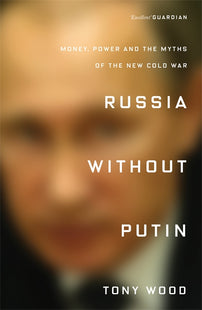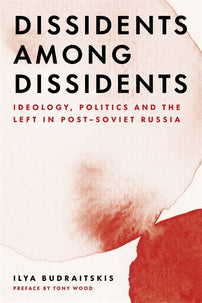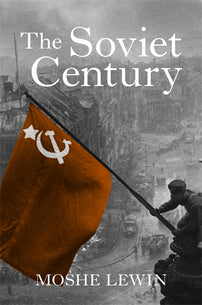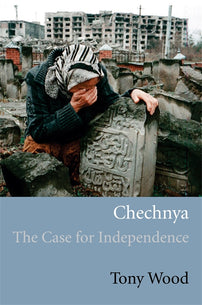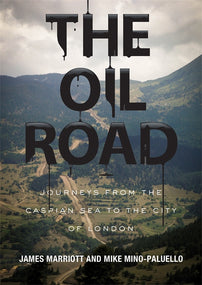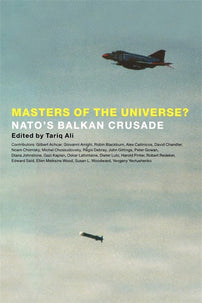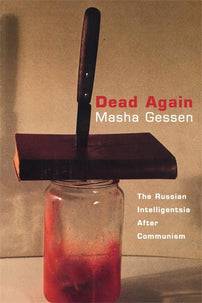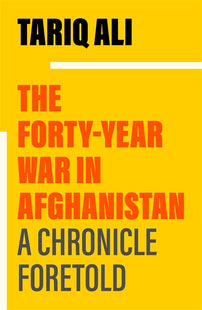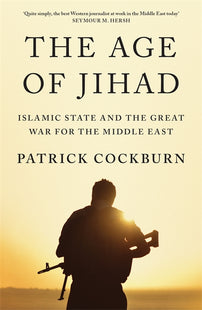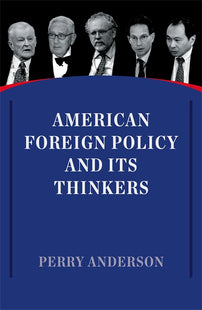Understanding Russia: a Verso Reading List
Perspectives on Russia's history and the wider geopolitical landscape, featuring Tony Wood, Nadezhda Tolokonnikova, Ilya Budraitskis, and more.
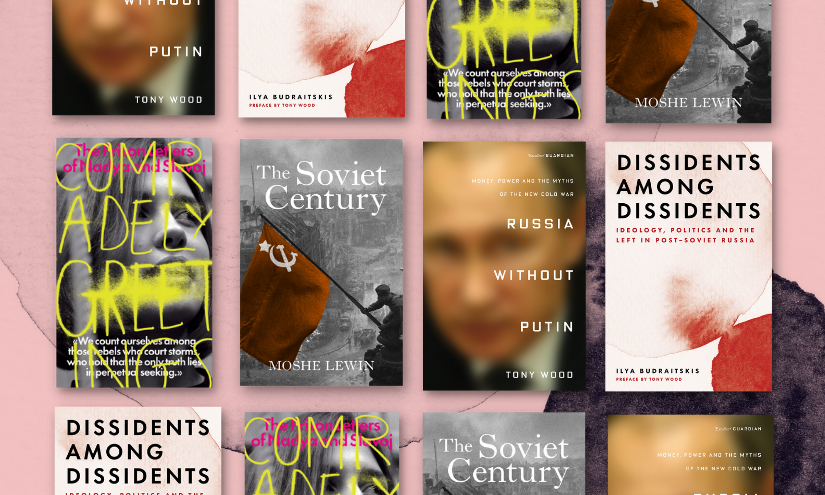
As Russia's invasion of Ukraine intensifies, with further potential crises looming on the horizon, we need to take a deeper look at the wider economic, social, and political factors that have made Russia what it is today. These books examine the dynamics of the post-Soviet era, offering perspectives on Russia's relations with Ukraine, NATO, and the West, as well as looking ahead to what the future may hold.
For further reading see Tony Wood's Five Book Plan on Russia, Ukraine and the West.
[book-strip index="1" style="buy"]In this timely and provocative analysis, Tony Wood explores the profound changes Russia has undergone since 1991. In the process, he challenges several common assumptions made about contemporary Russia. Against the idea that Putin represents a return to Soviet authoritarianism, Wood argues that his rule should be seen as a continuation of Yeltsin’s in the 1990s. The core features of Putinism—a predatory elite presiding over a vastly unequal society—are in fact integral to the system set in place after the fall of Communism.
Wood also overturns the standard view of Russia’s foreign policy, identifying the fundamental loss of power and influence that has underpinned recent clashes with the West. Russia without Putin concludes by assessing the current regime’s prospects, and looks ahead to what the future may hold for the country.
See Tony Wood's Five Book Plan on Russia, Ukraine and the West.
Flashpoint Ukraine: read an excerpt from Russia Without Putin.
[book-strip index="2" style="buy"]Ilya Budraitskis, one of Russia’s most prominent leftist political commentators, explores the strange fusion of free-market ideology and postmodern nationalism that now prevails in Russia, and describes the post-Soviet evolution of its left.
Budraitskis makes an invaluable contribution by reconstructing the forgotten history of the USSR’s dissident left, mapping an entire alternative tradition of heterodox Marxist and socialist thought from Khrushchev’s Thaw to Gorbachev’s perestroika. Doubly outsiders, within an intelligentsia dominated by liberal humanists, they offer a potential way out of the impasse between condemnations of the entire Soviet era and blanket nostalgia for Communist Party rule—suggesting new paths for the left to explore.
Should We Have Seen This Coming? -Ilya Budraitskis on the Invasion of Ukraine.
[book-strip index="3" style="buy"]In an extraordinary exchange of letters, Nadezhda Tolokonnikova, imprisoned for taking part in Pussy Riot’s anti-Putin performance, and Slovenian philosopher Slavoj Žižek discuss artistic subversion, political activism, and the future of democracy via the ideas of Hegel, Deleuze, Nietzsche, and even Laurie Anderson.
Two radicals, one in a Russian forced labor camp, the other writing to her from far outside its walls, show passionately – across linguistic and generational divides – that “there is still a common cause worth fighting for.” Touching, erudite, and worldly, their correspondence unfolds with poetic urgency.
One hundred years after the Russian Revolution the Soviet Union remains the most extraordinary, yet tragic, attempt to create a society beyond capitalism. Yet its history was one that for a long time proved impossible to write.
In The Soviet Century, Moshe Lewin follows this history in all its complexity, guiding us through the inner workings of a system which is still barely understood. In the process he overturns widely held beliefs about the USSR’s leaders, the State-Party system and the powerful Soviet bureaucracy.
This book sharply criticizes the role of Western nations in their struggle, and lays bare the weakness—and shamefulness—of the arguments used to deny the Chechens’ right to sovereignty. Tony Wood considers Russo-Chechen relations over the past century and a half, as well as the fate of the region since the fall of the Soviet Union.
[book-strip index="6" style="buy"]A journey along a controversial European pipeline becomes a profound exploration of the oil economy.
Related reading
[book-strip index="7" style="buy"]Distinguished dissidents oppose NATO’s war in the Balkans.
[book-strip index="8" style="buy"]Intellectuals’ search for identity and relevance in modern Russia.
[book-strip index="9" style="buy"]The American war machine can only be understood in terms of the private passions and interests of those who control it—principally a passionate interest in money. Thus, as Cockburn witheringly reports, Washington expanded NATO to satisfy an arms manufacturer’s urgent financial requirements; the US Navy’s Pacific fleet deployments were for years dictated by a corrupt contractor who bribed high-ranking officers with cash and prostitutes; senior Marine commanders agreed to a troop surge in Afghanistan in 2017 for budgetary reasons.
[book-strip index="10" style="buy"]Based on years of wide-ranging research, Cockburn lays bare the ugly reality of the largest military machine in history: as profoundly squalid as it is terrifyingly deadly.
The occupation of Afghanistan is over, and a balance sheet can be drawn. These essays on war and peace in the region reveal Tariq Ali at his sharpest and most prescient.
[book-strip index="11" style="buy"]Veteran Middle East expert Charles Glass combines reportage, analysis, and history to provide an accessible overview of the origins and permutations defining the conflict. He also gives a powerful argument for why the West has failed to get to grips with the consequences of the crisis.
[book-strip index="12" style="buy"]From the award-winning author of The Rise of Islamic State, the essential story of the Middle East’s disintegration.
[book-strip index="13" style="buy"]Since the birth of the nation, impulses of empire have been close to the heart of the United States. How these urges interact with the way the country understands itself, and the nature of the divergent interests at work in the unfolding of American foreign policy, is a subject much debated and still obscure. In a fresh look at the topic, Anderson charts the intertwined historical development of America’s imperial reach and its role as the general guarantor of capital.

